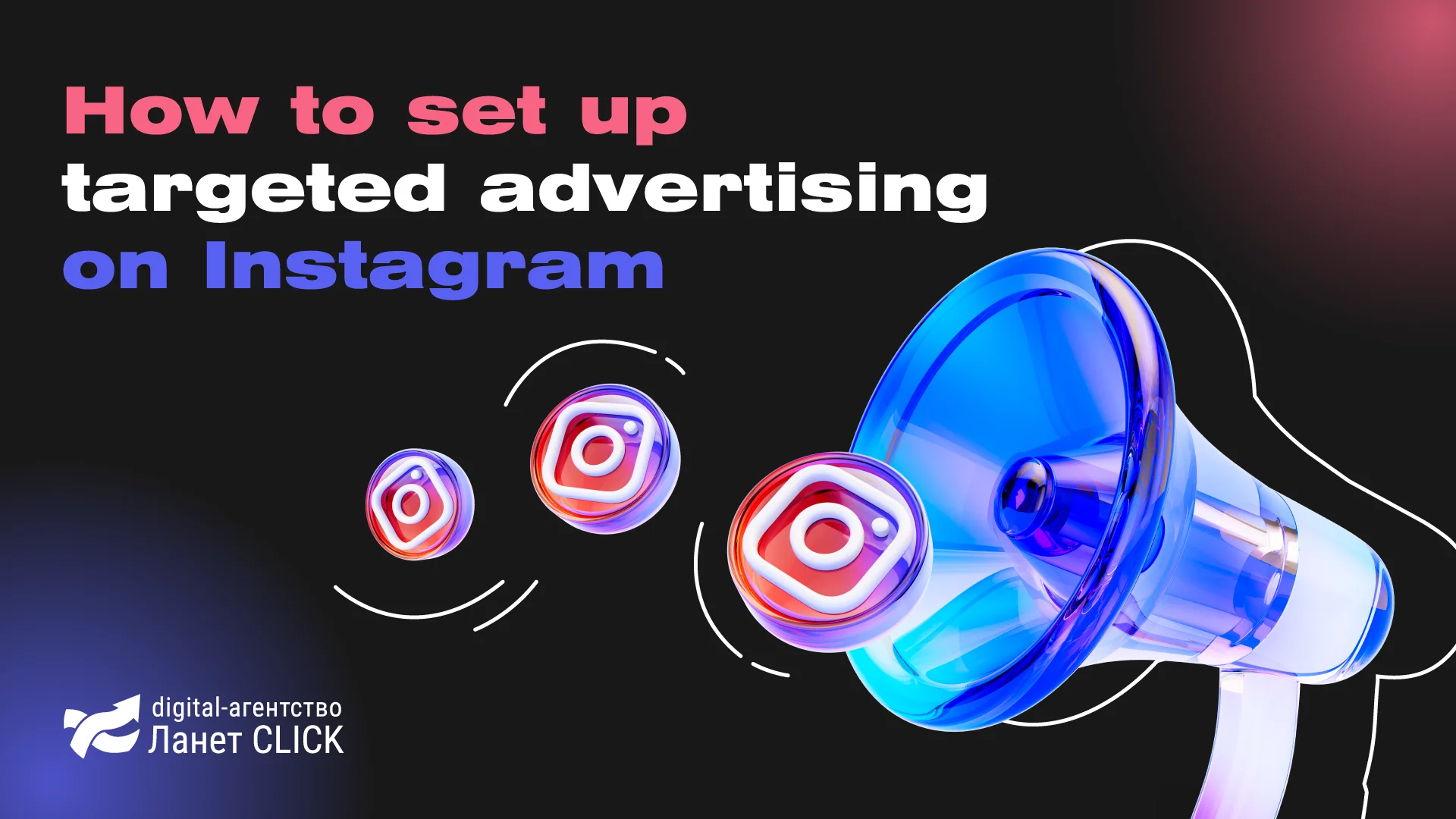
How to set up targeted advertising on Instagram
Instagram is one of the key advertising channels for business, which allows you to quickly attract customers, increase brand awareness, […]

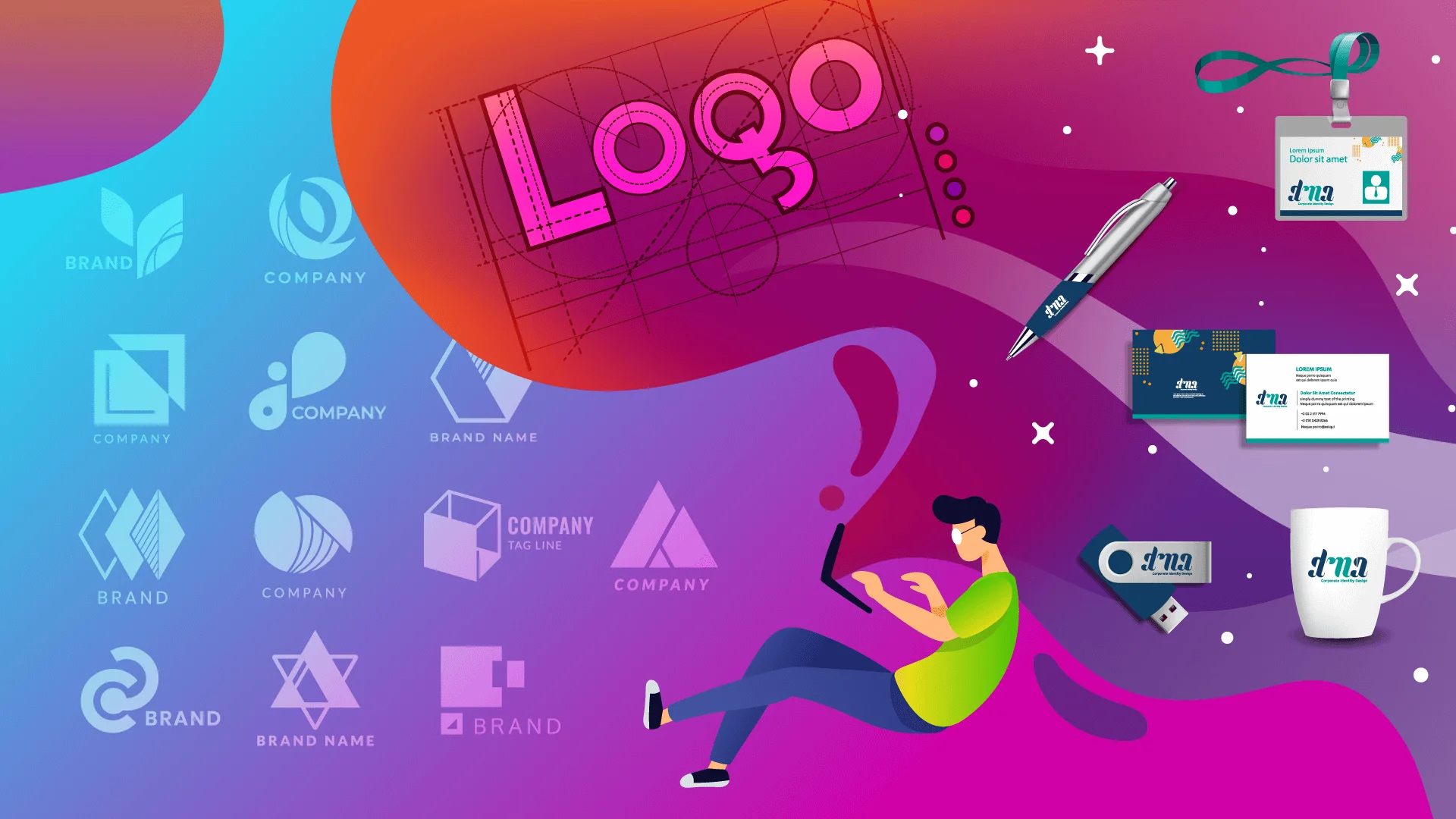
Everyone is unique, everyone has their own facial features, character, and habits. All these qualities that distinguish people from each other form our individuality. It’s the same with business: the company must have something that will set it apart from others, stand out from competitors, and be remembered. This important component is identity.
Let’s understand what identity is? What is the essence of branding? What do these concepts have in common with corporate identity?
Identity is a set of visual components of a company that are designed to increase its visibility and prestige and shape the company’s image among consumers.
The essence of this dry definition is not entirely clear? Then we will give an example of identity among world-famous companies. Coca-Cola, Apple, Adidas, McDonald’s… reading the names of these brands, we immediately imagine the image of the logo, advertising, visual design, and everything that distinguishes these companies from similar ones. It is unlikely that you will be able to distinguish Coca-Cola from Pepsi in taste without seeing the bottle. But as soon as you see a white logo on a red background and hear a New Year’s Eve commercial with a familiar song, you will immediately understand what kind of drink it is. Companies form such recognizability through the use of identity elements.
Identity formation began at the beginning of the 20th century, just when many companies appeared in one industry. They just needed to stand out and be remembered by the consumer. The simplest and most understandable approach was visual design.
People often confuse branding and identity. What is branding? It is creating and promoting the company’s brand, style and values. The main purpose of branding is to convey to the consumer the essence of the offer, to tell what a particular company does and what sets it apart from competitors. The main tools are trademark creation, positioning and reputation.
As we can see, identity and branding are closely related, but let’s go back to the first one and look at its main components.
Identity components:
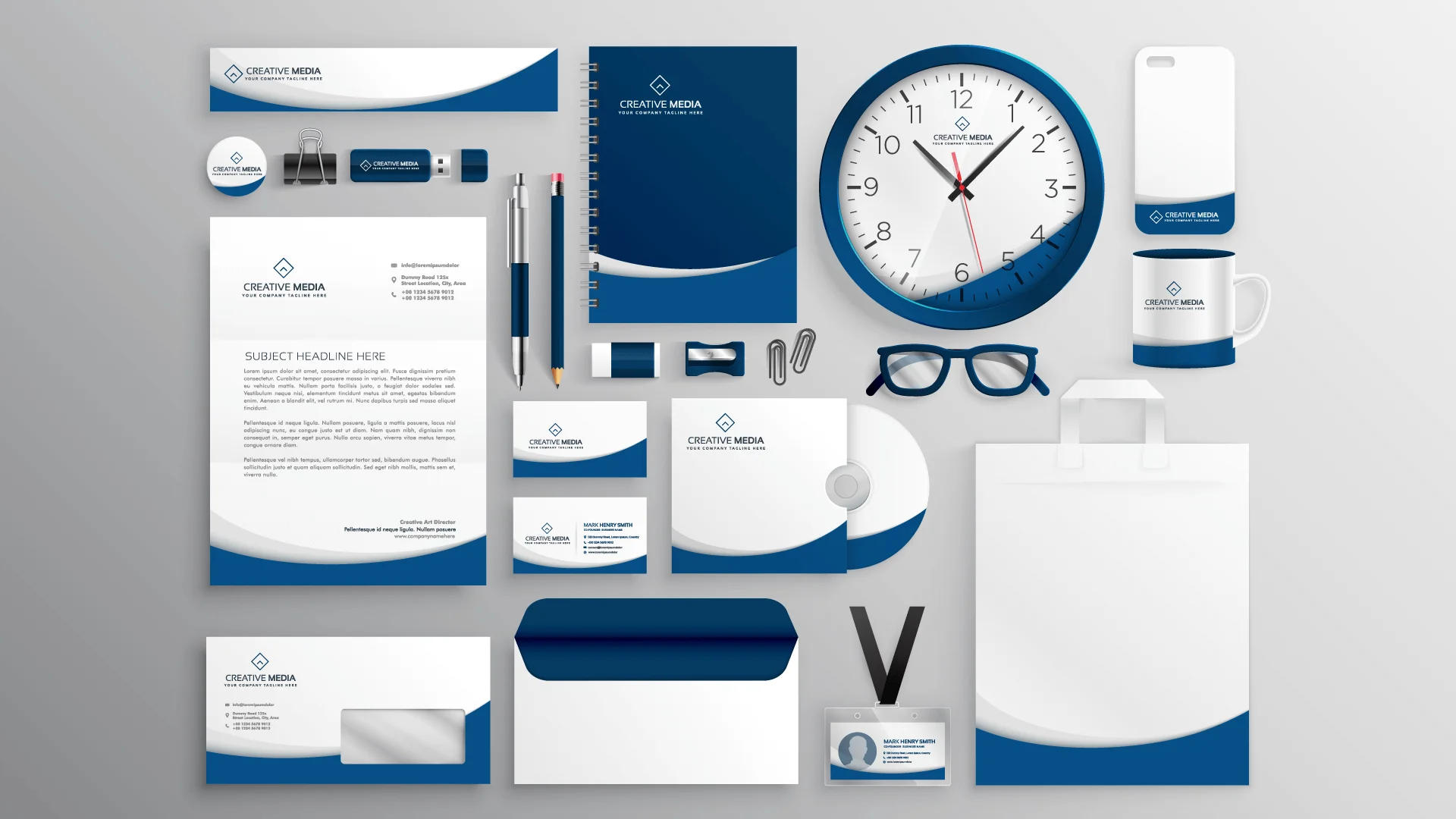
The logo is a key element that is the basis of the entire brand identity. It must be understandable, simple in composition, and memorable. It is not advisable to use too many colors and fonts. Follow the fashion trends so your logo does not become obsolete in a year.
The identity of the company is also impossible without paraphernalia. These include business cards, envelopes, letterheads, and packaging. As for business cards, they like the logo should be concise and modern. Place the most important information about the company on business cards without unnecessary design and details. Letterheads are also the face of the company, as they are used in business correspondence. The first acquaintance with your company may begin with it. Don’t forget about envelopes and packaging. It is not necessary to say that they should have at least a logo, and they should represent the company’s corporate identity.
Creating a corporate identity is one of the stages of identity formation. As we have already said, the first stage is to create a logo. Next is the development of corporate identity. At this stage, we select corporate colors, fonts, and shapes. Corporate identity is used on all attributes, clothing, and accessories. It is often used in the design of offices. You can develop a corporate identity with a designer or use one of the many free online services. If the company is large and has the money, choose the first option. Online services are suitable for small companies or entrepreneurs who can not allocate a budget for corporate design. You can make a corporate identity visualization — from choosing corporate colors and creating a logo to printing business cards and branded packaging — for free.
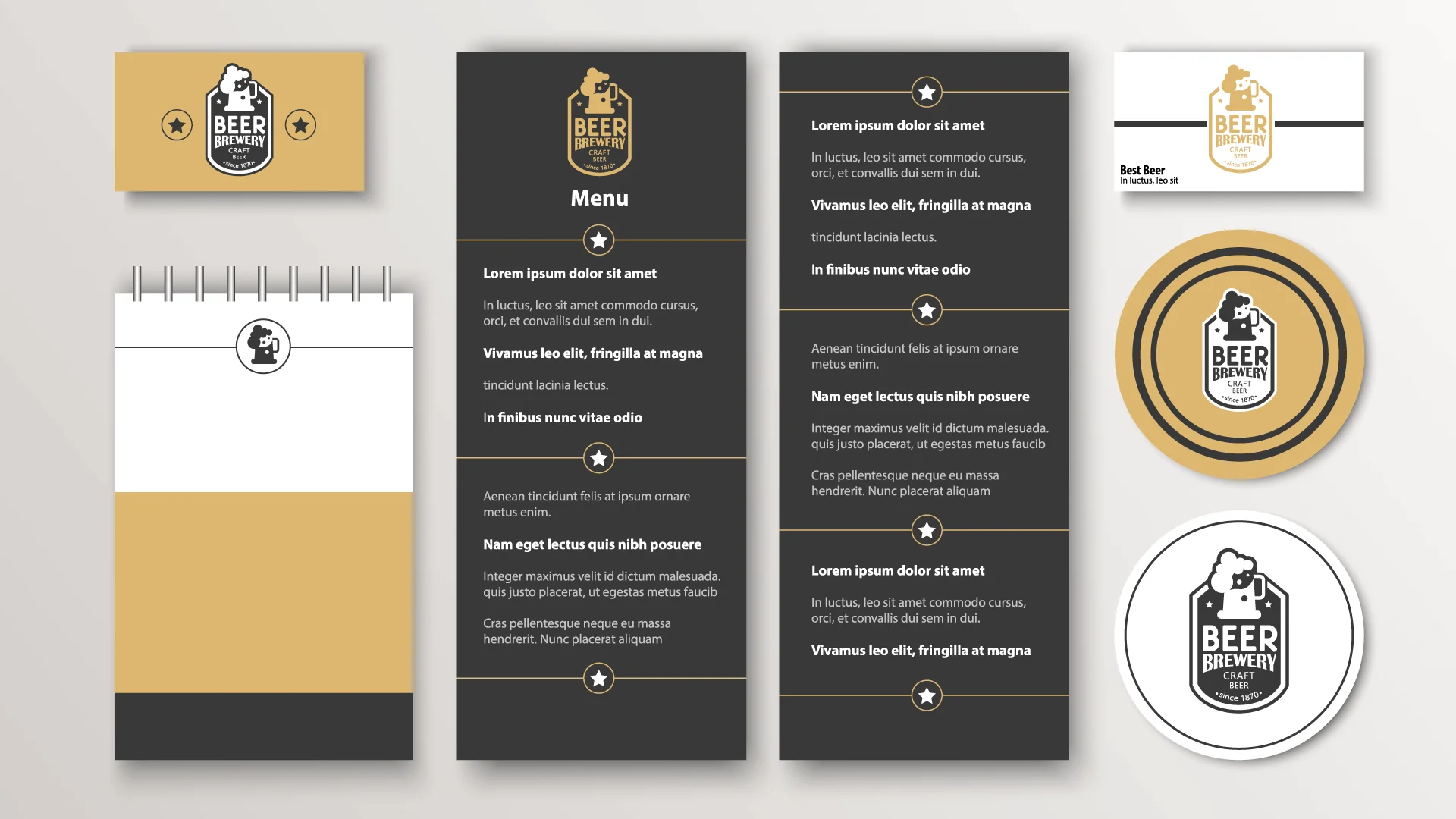
Thus, we can conclude that identity and design are closely related. We can even say that design is an integral part of identity, its basic component. Depending on the style of design, there are several types of identity.
Dynamic identity is suitable for companies that are rapidly expanding their product range, have a branched brand architecture, or plan numerous corporate identity carriers. If your consumers are older or conservative, then focus on a traditional identity with its classic elements. And young people will appreciate creativity and a non-standard approach.
In general, to expand your professional horizons, you need to understand the types of identity, but when developing it, first of all, consider the specific objectives and goals of the project.
So, we can conclude that a single corporate style, branding and corporate elements inspire confidence in the consumer, and such a company becomes serious and strong in his eyes. Therefore, identity has become an important tool in competing for a place under the sun.

Instagram is one of the key advertising channels for business, which allows you to quickly attract customers, increase brand awareness, […]

2026 will be an important stage of change in the development of SMM, which will gradually begin to move to […]
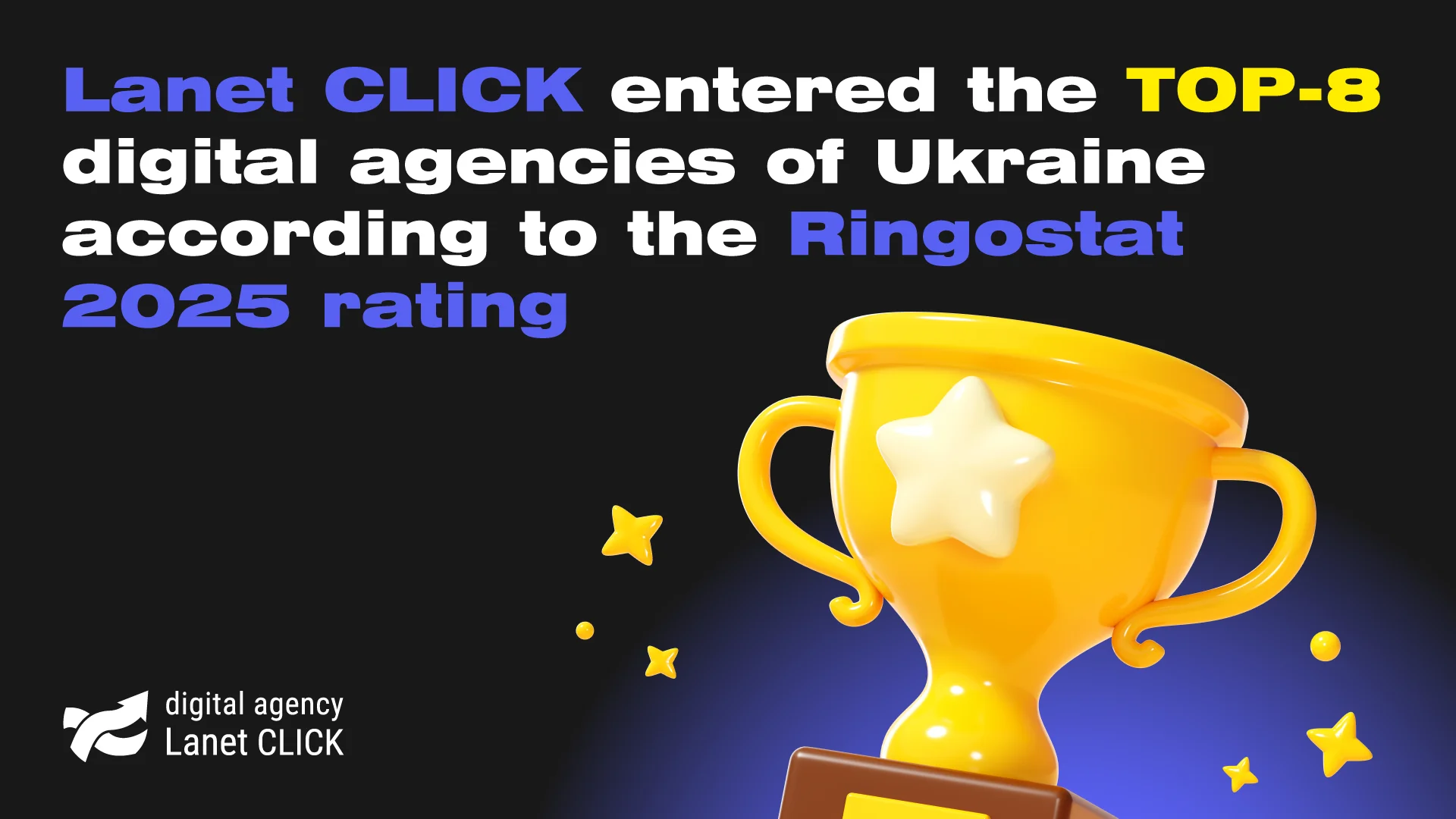
Lanet CLICK was included in the list of the best digital agencies in Ukraine according to the Ringostat 2025 rating […]
A good strategy, perfectly selected digital tools, and their effective application will allow the business to increase profits, grow the customer base, and form recognition and loyalty. Do you want something like that? Contact us.
You have taken the first step towards effective online marketing. Our managers will contact you and consult you soon.